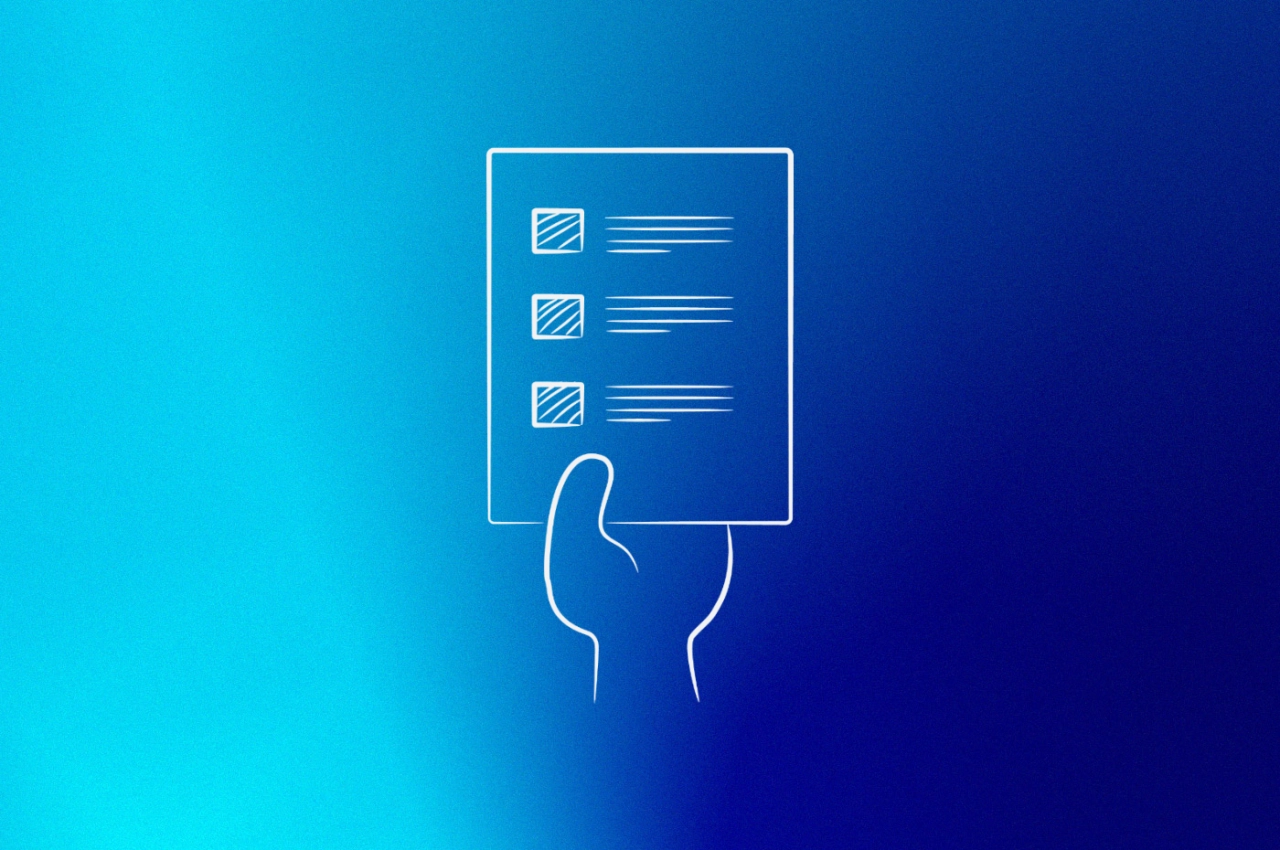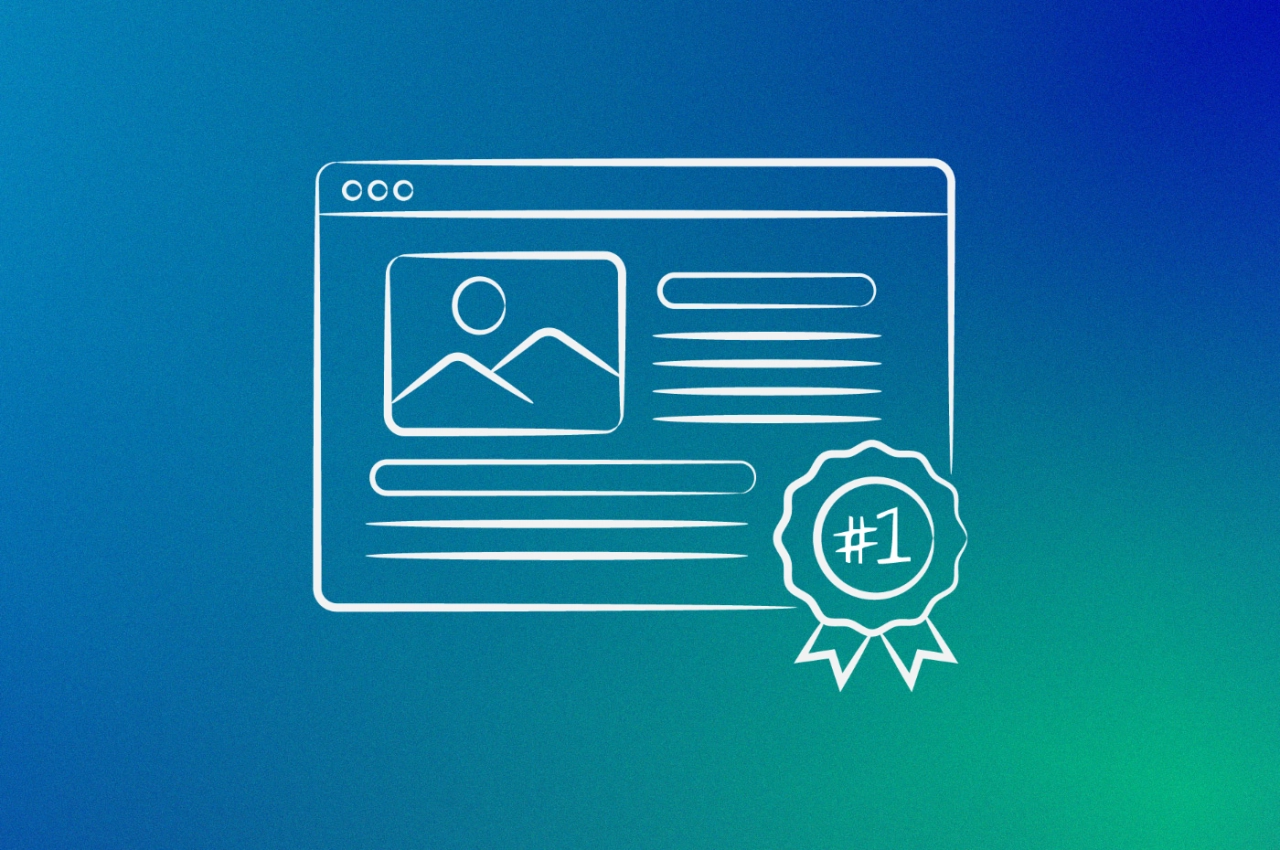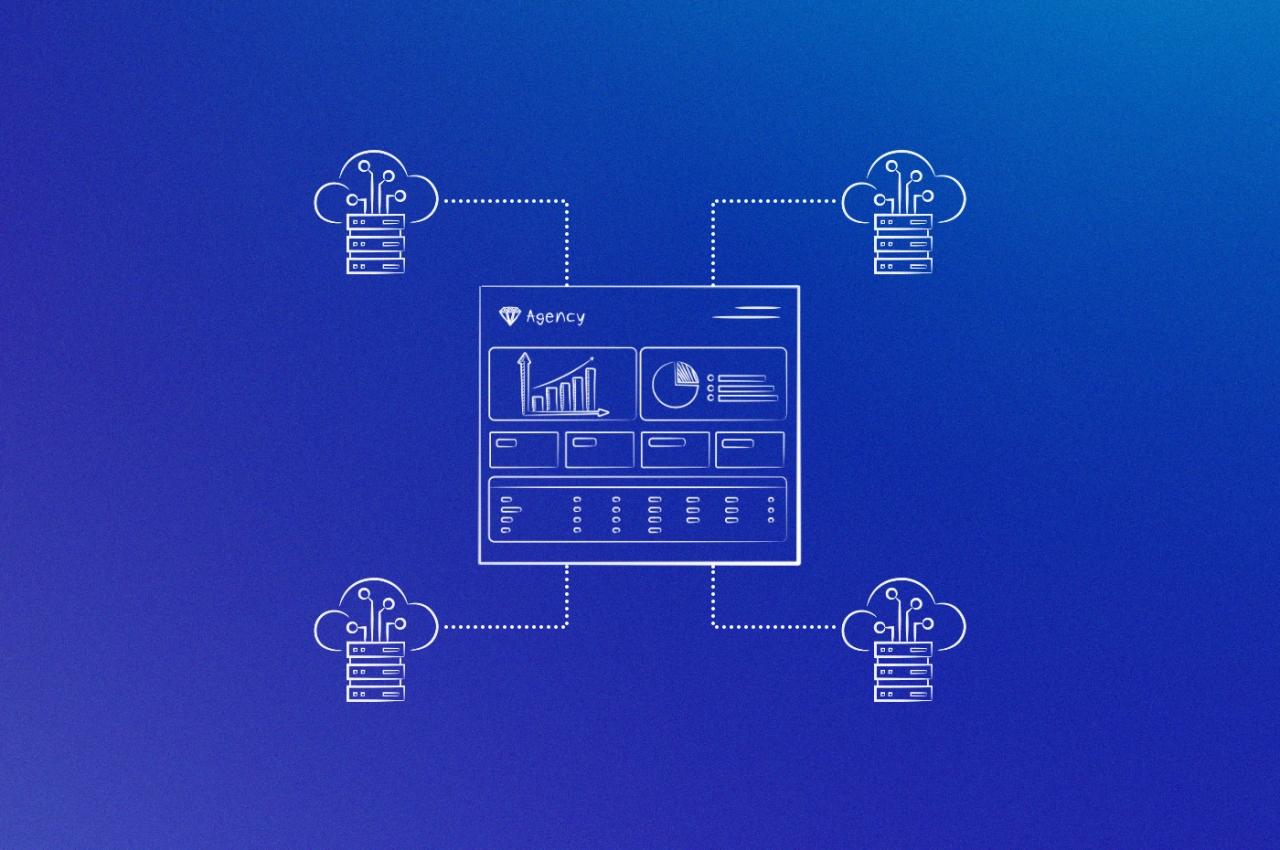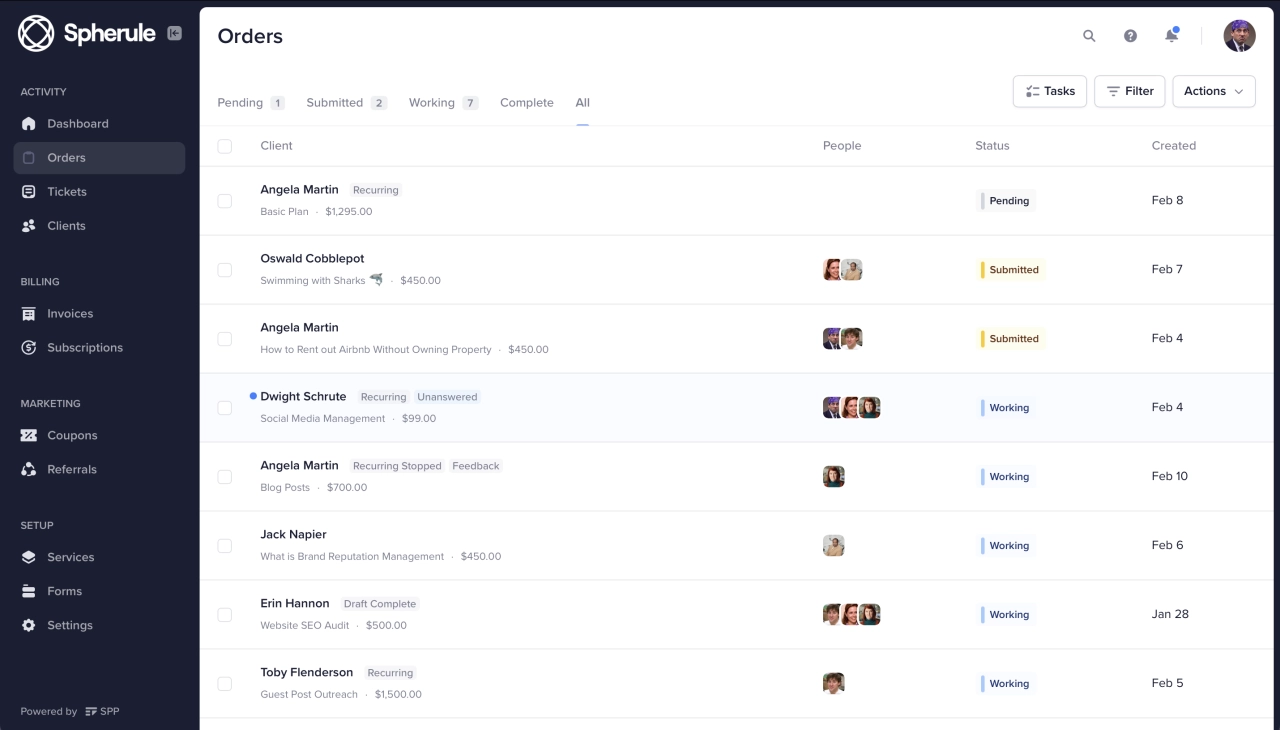- Agency referral programs leverage existing client relationships to generate new business through incentives like commissions or service discounts for successful referrals.
- Such programs increase brand awareness and reduce client acquisition costs by utilizing word-of-mouth marketing, which is trusted by 90% of people over other advertising forms.
- Implementing an efficient referral program involves identifying key influencers, designing clear and motivating incentives, and using referral software to automate and track the process.
Business development for agencies can be a battlefield: a constant challenge to generate leads, close deals and retain clients. And yet, as an agency owner or manager, you must constantly look for ways to increase revenue and expand your client base.
Agency referral programs are one of the most cost-effective, sustainable, and often overlooked methods of business development. In this section, I will explore the benefits of implementing a referral program for your agency and how to effectively set one up.
What is an agency referral?
Agency referral is the process by which your customers (or sometimes partners) refer your agency to viable prospects, usually in return for a commission or referral fee. This is a common practice in the marketing and advertising industry, as it helps agencies gain new business and generate more revenue.
What is an agency referral program?
An agency referral program is a system agencies build to facilitate and incentivize referrals from their clients or partners. This program outlines the rules, rewards, and processes for making successful referrals and encourages existing customers to spread the word about your agency’s services.
There are multiple ways to set this up: Some agencies offer a flat fee or percentage of the referred client’s first payment as a reward, while others provide discounts or free services to both the referrer and the referred customer.
Similarly, other agencies require the referred customer to make a minimum purchase before the referrer receives their reward, or they provide rewards for multiple successful referrals. The structure of an agency referral program can vary based on the agency’s goals and resources.
5 benefits of using an agency referral program
Setting agency referral programs in place can be very beneficial for your business. Some of the most notable advantages include the following.
Cheap marketing
Referral programs are an inexpensive marketing tactic compared to traditional advertising methods. They rely on the network and trust your existing customers have built within their own circles, leveraging word-of-mouth to spread awareness of your agency’s services. This method capitalizes on the credibility of personal recommendations, which reduces the need for extensive marketing budgets.
What I’ve seen from our agency clients is that they pay 10% to 20% of their revenue in referral fees. Many agency referral programs do have certain conditions, though, for instance: the referral fees may be paid for only six to twelve months of revenue received from the referred client, or may only be paid after the first year of service.
Of course, you will have to account for the cost of human resources involved in handling referral programs. Specialists recommend that an employee dedicates approximately 25% of their work hours to the task. Assessing the cost involved in managing a referral program involves calculating the total hours an employee allocates to the program and multiplying this by their average hourly wage.
Do take into consideration that a large part of your referral program can be automated, for instance with our built-in referral tracking.
Increases brand awareness
Referral programs significantly boost brand awareness by turning satisfied clients into active promoters of an agency’s services. Personal recommendations, boosts brand’s visibility beyond traditional marketing limits, tapping into new networks and communities.
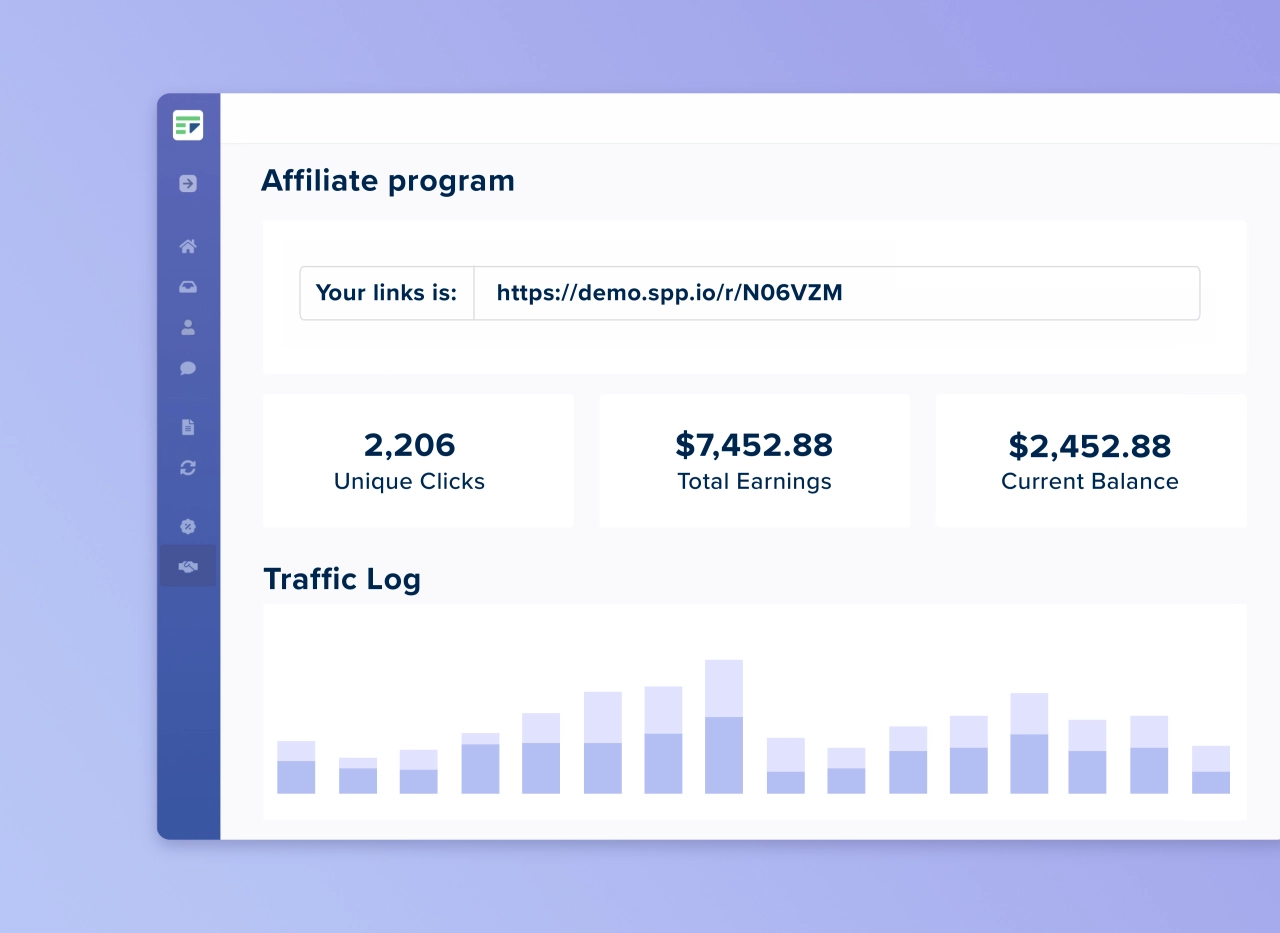
Convert your clients into brand ambassadors.
Plus, according to Nielsen, 90% of people are more likely to trust a brand recommended to them. In other words, when your agency is recommended by a peer, you’ll start the relationship on the right foot.
Low acquisition costs
Referral programs help in reducing the cost of acquiring new B2B clients since they utilize the existing customer base to attract potential leads, circumventing the need for costly advertising campaigns.
By leveraging personal networks, these programs effectively decrease the overall expenditure on customer acquisition, making them a cost-efficient marketing strategy. Even with a higher incentive on the referral program, the acquisition costs can still be lower than with traditional marketing (especially when you take customer lifetime value into account).
Trackable
Referral programs offer the advantage of being highly trackable, allowing agencies to easily monitor the source of referrals and evaluate the program’s overall effectiveness.
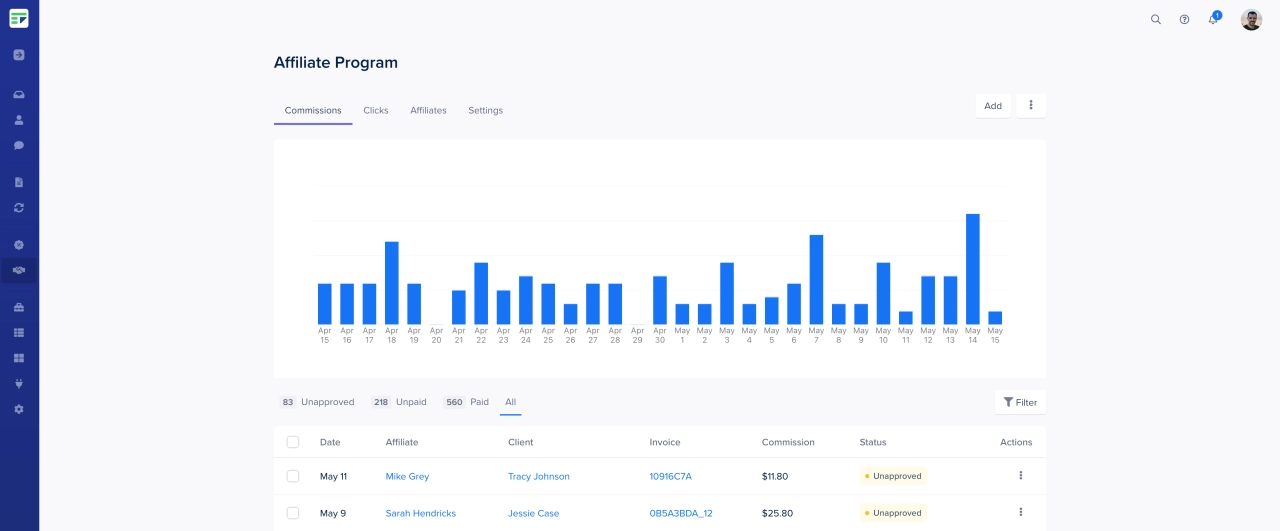
Through this data analysis, agencies can adjust strategies to maximize referral engagement and rewards, optimizing the growth potential of their network.
Low risk
Referral programs present a low-risk marketing strategy since they primarily leverage existing client relationships and pay rewards based on actual conversions. This method minimizes upfront costs, as agencies only incur expenses when a referral successfully leads to new business.
Think of it this way: with most other forms of marketing, you pay regardless of whether the customer ends up buying your services (or whether they remain your customer for longer). With referral marketing, you only pay when someone actually becomes a customer (and in the case of agencies, often when they have been a customer for a significant period of time).
How to set up a referral program
Setting up a referral program might sound daunting, but it is a simple process if you follow these best practices.
Find influencers
To effectively launch your agency referral program, identifying and engaging with potential referrals is crucial.
Here are strategic avenues to explore:
Your loyal high-value clients: These are clients who have repeatedly shown their trust in your services and are likely to have high net promoters. Engaging them involves reaching out personally to express your appreciation for their continued business and introducing the referral program as an opportunity for mutual benefit. This approach is highly effective due to the existing relationship and proven satisfaction with your services.
Influencer platforms: These platforms connect you with individuals who have significant followings on social media or other channels and can influence their audience’s purchasing decisions. Partnering with influencers who align with your brand can help you tap into new networks and amplify your agency’s visibility. This method extends your reach beyond your immediate network, opening doors to potential clients who may trust the influencer’s recommendations.
Cold outreach: This involves reaching out to potential clients or partners with whom you have no pre-existing relationship. It’s a more traditional form of generating cold leads but tailored creatively to introduce your referral program. Success in cold email outreach requires a well-crafted pitch that highlights the value of your services and the benefits of participating in your referral program. This method can be challenging but rewarding, expanding your network to entirely new prospects.
Design a referral program
To effectively design your agency’s referral program, start by clearly defining the incentives for both the referrer and the referee, ensuring they are compelling enough to motivate participation.
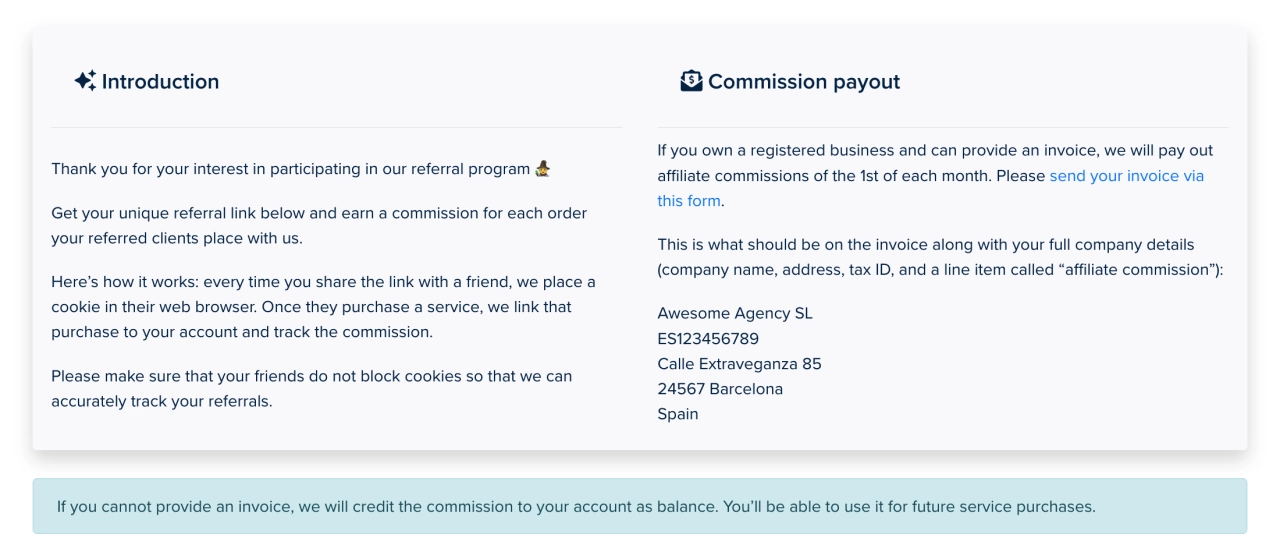
Additionally, establish a simple and transparent process for tracking and awarding referrals to maintain trust and engagement in the program.
Find exciting incentives
Finding exciting incentives is pivotal in making your referral program appealing and motivating for participants. These rewards should be valuable enough to encourage your clients to actively recommend your services to others.
Here are some attractive incentive options suitable for an agency:
Cash rewards for every successful client referral.
Discounts on future services for both the referrer and the referred client
Exclusive access to premium services or features for a limited time.
Gift cards to popular retailers or for professional services.
Complimentary add-ons or upgrades with existing services.
Recognition in the agency’s newsletter or social media platforms.
VIP treatment at events or access to exclusive seminars/webinars.
Make your referral terms very clear
Clear and concise referral terms are essential for the success of your referral program. It’s important to specify whether your program is exclusively for business-to-business (B2B) customers or if it includes direct consumer referrals as well. This distinction ensures that your participants understand the types of referrals that are eligible, helping to target your desired client base more effectively.
Additionally, setting a minimum referral amount for payouts is important. This means establishing a baseline for what constitutes a successful referral—be it signing a contract, completing a purchase, or retaining services for a certain period. By doing so, you not only ensure that the referrals are genuinely beneficial to your agency but also provide a clear goal for your referrers.
Consider including parameters such as:
A minimum contract value for the referred business, ensuring that the referrals meet a certain quality and value threshold.
A minimum duration that the referred client must stay with your agency before the referrer is eligible for the payout. This could help in filtering out low-commitment clients and ensure that the program prioritizes long-term, valuable engagements.
Specific service types that are eligible for referrals, especially if your agency offers a wide range of services but wants to focus the referral program on certain areas.
Use referral software for agencies
If you’re thinking of starting a digital marketing agency, you’re probably not interested in tracking referral rewards and payouts manually. Instead, you want to use word-of-mouth marketing in an automated way—after all, that’s what client acquisition is all about.
Luckily, there are a handful of ways to acquire new clients without manual work, namely referral software for agencies, or tools with built-in functionalities to set up a reward program.
The easiest way to get started is by using Service Provider Pro. Set up your marketing agency referral program with our integrated referral system. Boost your word of mouth by making anyone an affiliate, or manually approve them. Check on your dashboard the number of referrals your affiliates bring in, and how they contribute to the success of your agency services. Plus, you can reward them by paying the rewards out to their account balance; or download a CSV file to pay them manually.

Convert your clients into brand ambassadors.
If you’re looking for tools with more functionality, check out our post listing the best white label referral software.
Start a referral program for your agency
Launching a successful referral program for your agency can create buzz around your brand and bolster your client base. By strategically identifying potential referrers, offering attractive incentives, and clearly defining the terms, you set the stage for a win-win scenario.
This approach not only enhances your agency’s market presence but firmly establishes the value of building relationships based on trust and mutual benefit. In other words, agency referral programs are a win-win for everyone: you (because you gain more clients), your clients (because they benefit from the incentives), and the new referrals (who get to experience your top-notch services).



